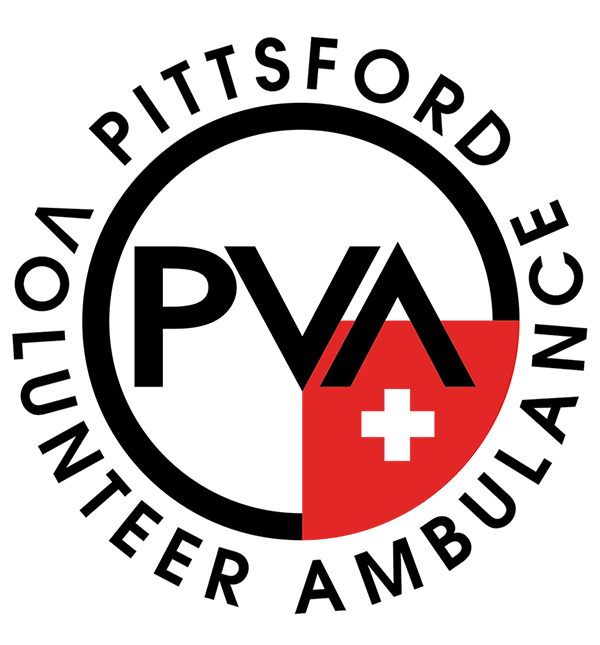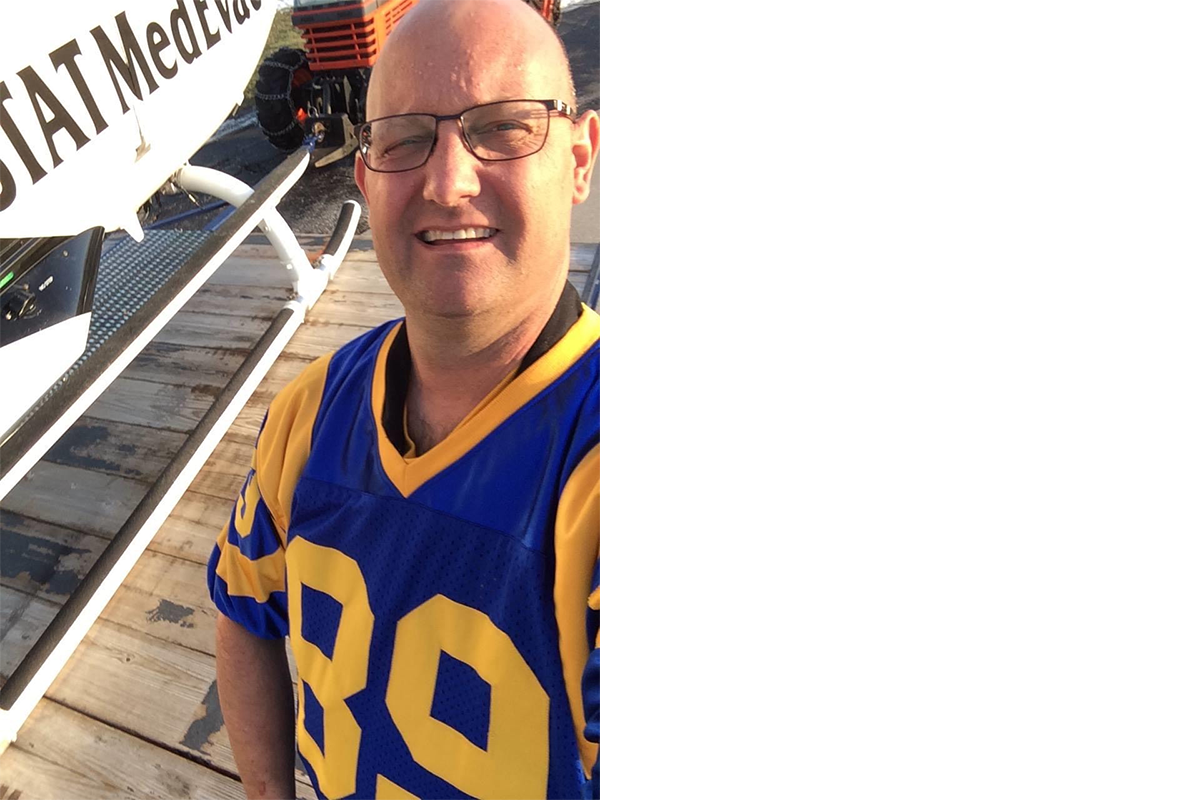“In 1992, I volunteered at Perinton Volunteer Ambulance Corps, the ambulance in the town where I lived, and shortly after, followed what I saw as the natural progression to join SEQ and take the paramedic class in 1994.” He remained with SEQ (Southeast Quadrant Mobile Critical Care Unit), until they merged with Pittsford Volunteer Ambulance in 2018. SEQ provided Advanced Life Support via Fly Car for the entire East side of Rochester including the towns of Pittsford, Perinton Penfield, and East Rochester. SEQ Paramedics would respond to scenes in an SUV-style emergency response vehicle to meet up with Basic Life Support ambulance crews all over the East side. These Paramedics were a special “type”- being able to adapt to infinite scenes in numerous towns, with different crews on any ambulance. Bart also worked at Rural Metro as a Road Supervisor, and Paramedic at Henrietta Ambulance. “My time at Henrietta Ambulance provided a fertile environment to improve clinically, while also teaching me how to pass along what I’ve learned to others.”
Brian took the next big challenge in EMS and transitioned onto a helicopter in 2015. He had been shown a small sliver of critical care, “but going to the aircraft and responding to ICU patients that were going to a higher level of care was quite sobering. At the air medical agency where I work, they boast that a paramedic doesn’t need critical care knowledge to come and work, that training will educate us. It does, but it is like drinking from a fire hose.”
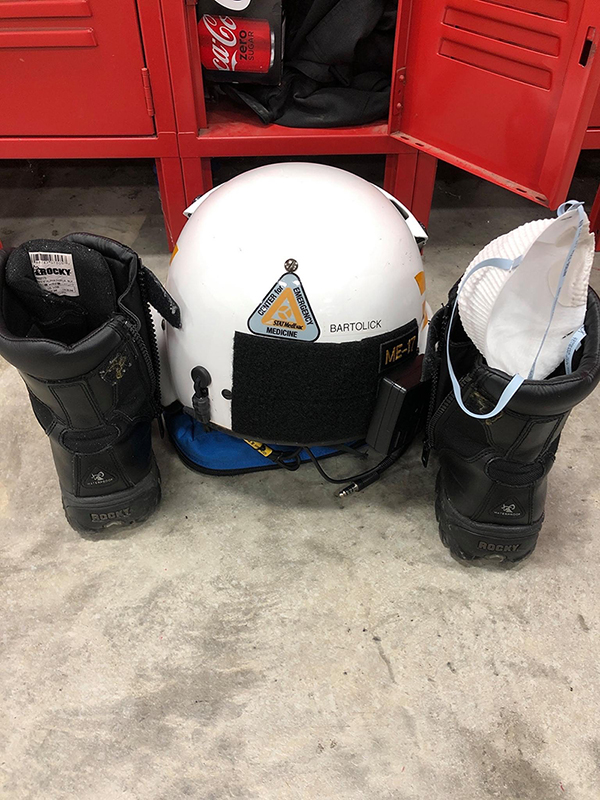
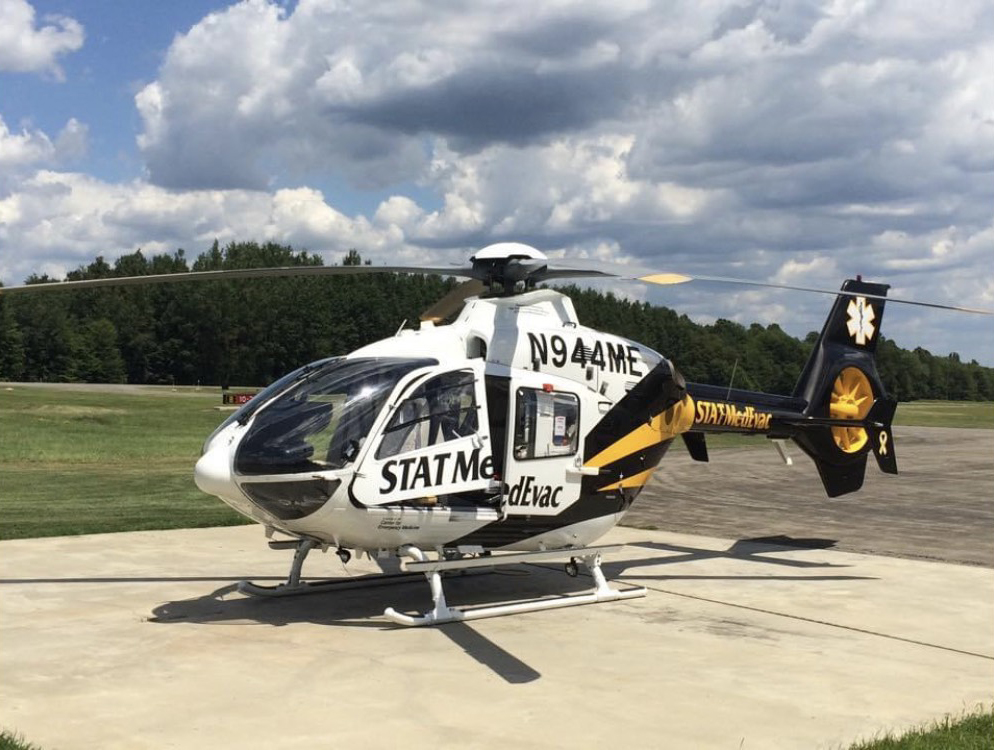
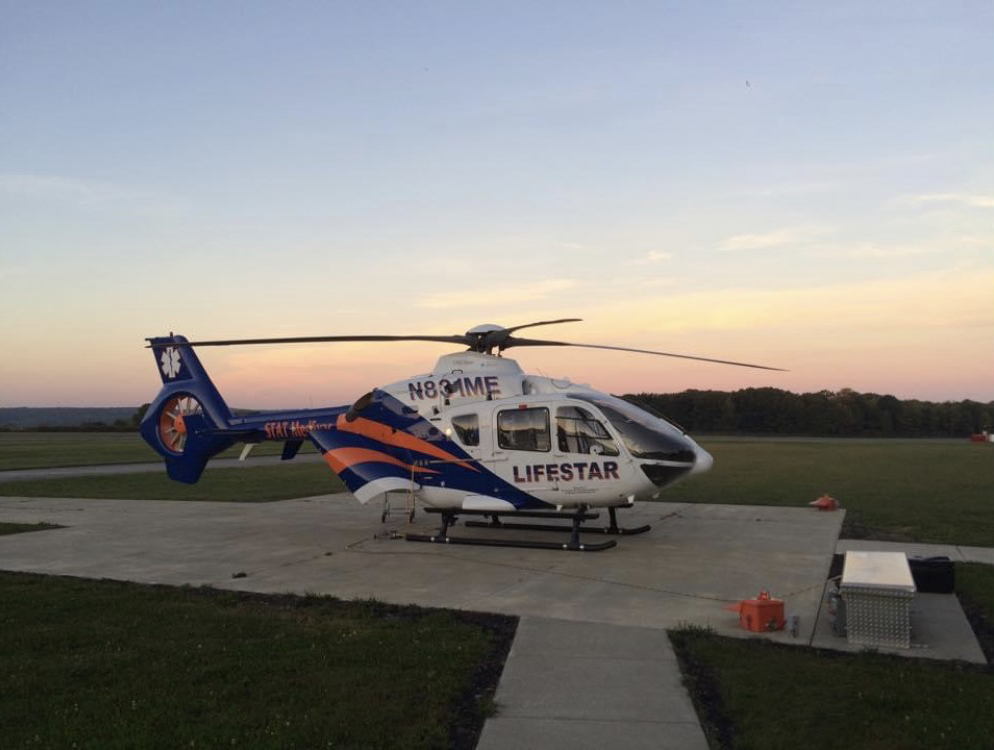
“The biggest difference is safety around the aircraft. We have a daily safety briefing. From time of call to time we are back, we have to pay attention to the aircraft and safety measures. There are a lot of ways to get hurt in the aircraft that don’t exist on the ground.”
Brian is also the Clinical Care Manager with us at PVA, overseeing all of our clinical decision making on the road and visualizing the long term picture for our agency, “I want to ensure that we clinically treat every patient like they are a family member or our best friend. There are always benchmarks to check off that show how we are meeting my ‘treat people well’ mission.” Whether it’s making a clinical decision or just providing emotional support, that is always the end goal at PVA – to treat people well.
As a Paramedic with over 25 years on duty, his guidance comes with a mountain of experience behind it. “Make no mistake, on the helicopter, I see a higher percentage of calls where I really need to be well rested, smart, calm and knowledgeable. That said, there is nothing I have seen on a scene run, including a pit viper bite, that can’t happen right here, right now in Pittsford.”
When asked where EMS is going, He tells us “Face masks will become like gloves. My Dad never wore gloves, but I always do. Maybe our EMS children will remember that Dad never wore a mask, but I always do.”
So what’s the secret to a successful, 25+ year career in EMS, spanning all jobs roles from EMT, Dispatcher, Paramedic, Road Supervisor and Clinical Care Manager?
“Generally, don’t stop learning. Get a subscription to Prehospital Care Journal. Get a National Registry card as soon as you can. Honestly, from my standpoint, don’t accept the attitude that “good enough is good enough” from yourself or others you work with closely.”
